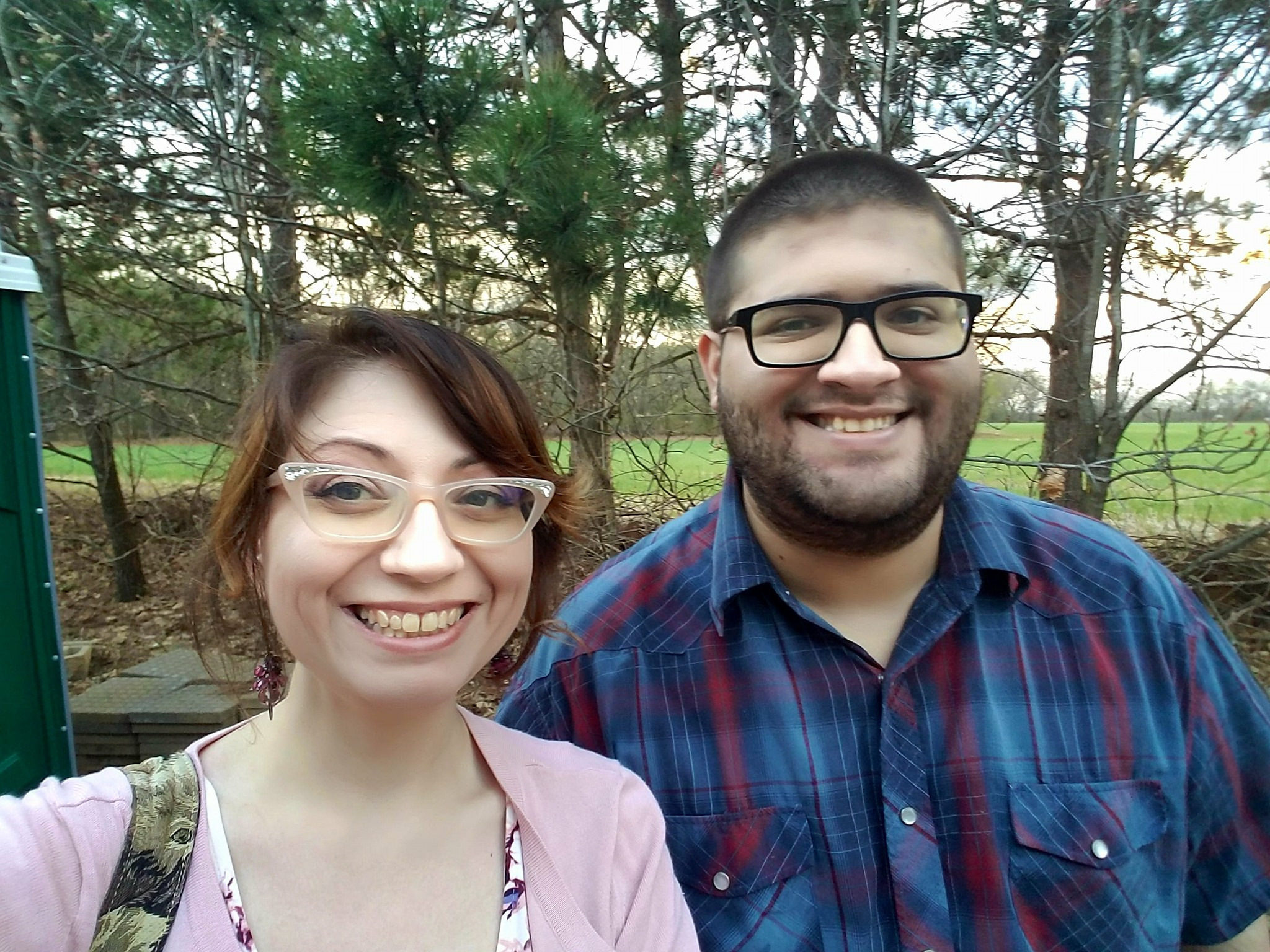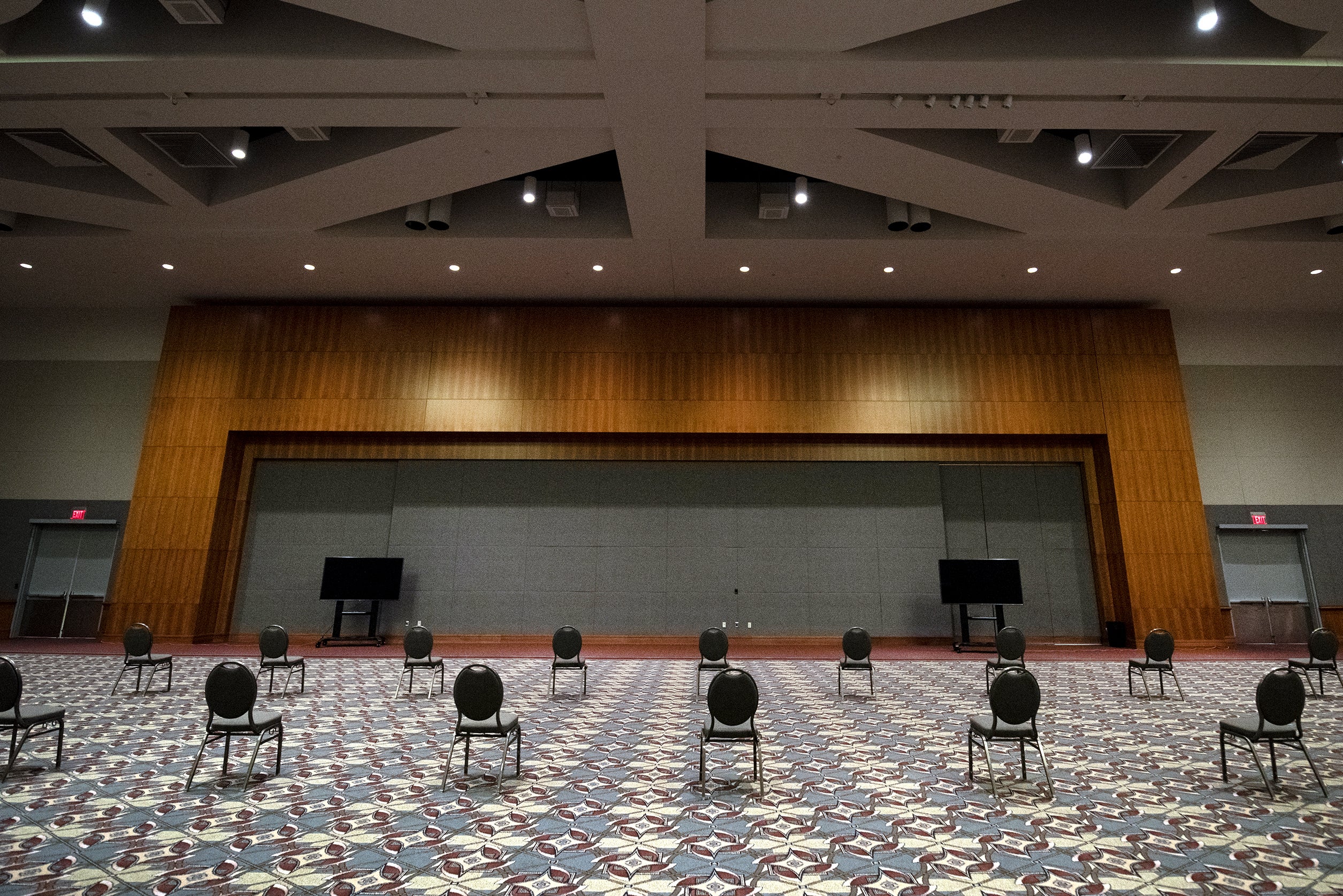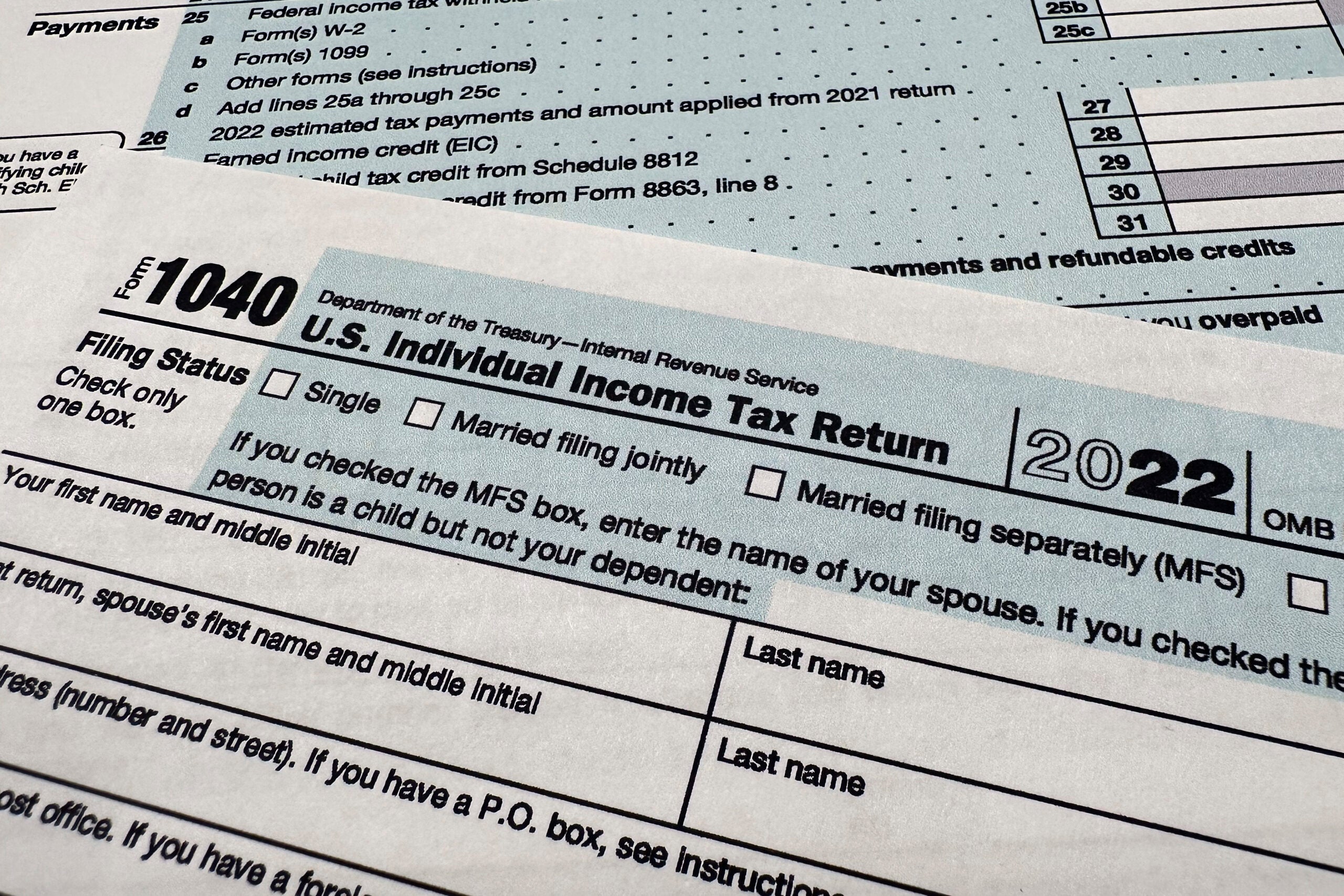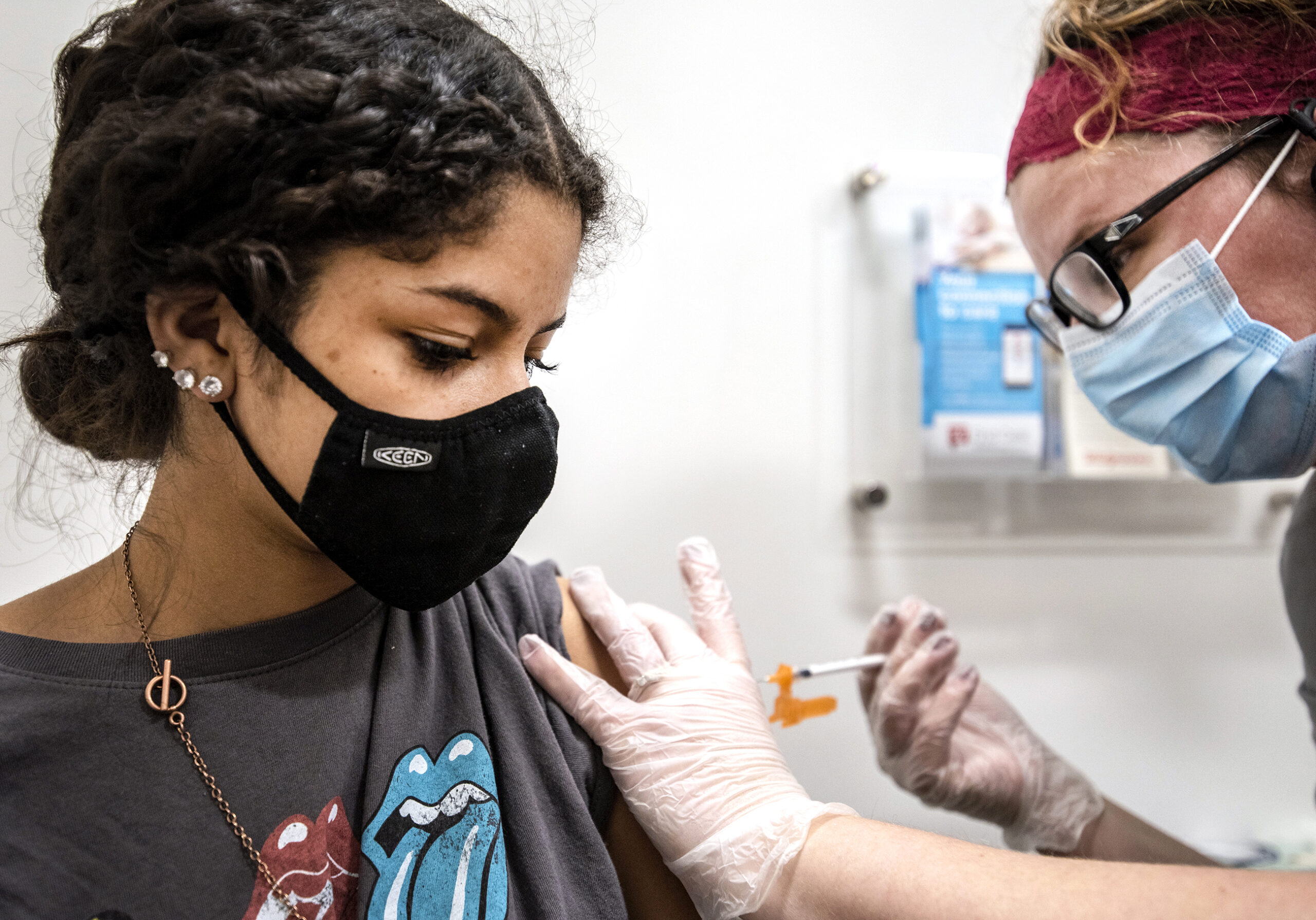The Biden administration says some long-lasting COVID-19 symptoms can be considered a disability under federal law.
The White House held a virtual presentation Monday for people affected by so-called “long-haul” COVID-19 to explain how they might find relief through the Americans with Disability Act. Among them watching was Georgia Linders of Wisconsin.
Linders is 44 but says there are days when she feels decades older. Exhaustion is just one of many ongoing symptoms she’s had since late March 2020 when she believes she contracted COVID-19, before tests were widely available.
Stay informed on the latest news
Sign up for WPR’s email newsletter.
She can no longer work and dipped into her retirement savings before getting rental assistance from the state and medical care through BadgerCare, the state’s Medicaid program.
“I really liked my job. It was fast-paced. And I was good at it,” said Linders, who lives in Onalaska with her adult son.
But in November, Linders went on temporary medical leave after her supervisor at a health services company in La Crosse said her performance had slipped. She was later let go.
“I was working from home, taking as many breaks as needed to cope, like napping on my lunch break,” Linders said. “But my issue is with my brain. I just can’t do the work in the amount of time they need me to.”
In addition to cognitive problems, she says her hands and feet fall asleep, she still can’t taste or smell and her heart races even with mild activity. She hopes her symptoms will go away or doctors find a treatment, so she can return to work.
Researchers believe COVID-19 may increase the risk of long-term health problems. A World Health Organization-led report published in February showed 1 in 10 people infected with COVID-19 were still unwell 12 weeks after their initial bout of sickness, and many suffered symptoms for far longer.
Linders said she’s been having symptoms for a year and a half and has contacted both of Wisconsin’s U.S. senators. She has also applied for Social Security Disability Insurance.
Last week, the U.S. Department of Health and Human Services and the U.S. Department of Justice issued guidance explaining that lingering symptoms from COVID-19 can be a disability under the Americans with Disabilities Act.
The guidance acknowledges that long-haul COVID-19 is not always a disability, and indicates that an individualized assessment is necessary to determine whether a person’s condition or symptoms substantially limit a major life activity, like employment.
And experts caution that the process to receive benefits can be complex and lengthy.
“So it’s not going to be impossible, but it could be difficult,” said Eva Shiffrin, a managing attorney at Disability Rights Wisconsin. “Disability benefits are already hard to get. It’s a myth that its easy to get, and you just need to keep applying until you get it. There’s a complex analysis that goes into any disability determination and that is not quick.”
But Linders said she remains hopeful.
“Hopefully it will get better, and I’ll go back to work someday. I’m 44 years old, but I feel like I’m 84 years old,” she said.
Wisconsin Public Radio, © Copyright 2025, Board of Regents of the University of Wisconsin System and Wisconsin Educational Communications Board.







